Last month, Parliament passed the much-revered HIV/AIDS Prevention and Control Bill, 2014, that is based upon a robust rights-based framework to protect the interests of HIV/AIDS patients. Among other things, the Bill upholds the rights of all People Living with HIV (PLHIV), and ensures complete safety, and protection from stigma, discrimination and the violation of human rights.
This week, however, the Supreme Court declined to permit a Patna-based woman to legally terminate her pregnancy, citing danger to her life. The woman is 26 weeks pregnant, a rape survivor and HIV positive. The Bench, consisting of Justices Dipak Misra and AM Khanwilkar, stated that though the 35-year-old woman has been disallowed from aborting her foetus, she is liable to receive state compensation from the Bihar government to the tune of Rs 3 lakh, under Section 357-A of the Code of Criminal Procedure (Victim Compensation Scheme). The highest court of the country also asked the Bihar government to provide her all amenities and medical facilities at the Indira Gandhi Institute of Medical Science (IGIMS) in Patna. The medical report, which was placed before the court, also stated that the woman has been advised Anti-Retroviral Therapy (ART) to reduce the risk of HIV transmission to the foetus. [caption id=“attachment_3204054” align=“alignleft” width=“380”] Representational image. Reuters.[/caption] The Patna High Court had heard her plea and refused to allow the termination as the legally mandated medical report stated that there was danger to the petitioner’s life, and moreover, the high court stated that “there is compelling State’s (sic) responsibility to keep the child alive.” Following this, the woman approached the Supreme Court, which then, took it upon itself to save the life of this woman — “We are inclined to think that a woman, who has already become a destitute being sexually assaulted and suffering from a serious medical ailment, not to go through further sufferings.” According to the legal mandate under the Medical Termination of Pregnancy Act, 1971 (MTPA), the termination of pregnancy cannot be after the foetus is 20 weeks old. However, an exception to this rule exists — if the life of the pregnant mother is in danger — whether she is in physical, emotional or psychological anguish or trauma as a result of the pregnancy — she may be allowed to terminate the pregnancy after the prescribed limit, on the advice of a court-mandated board consisting of medical experts. Section 5 suggests that the legally prescribed limit “shall not apply to the termination of a pregnancy by the registered medical practitioner in case where he is of opinion, formed in good faith, that the termination of such pregnancy is immediately necessary to save the life of the pregnant woman.” The phrase “immediately necessary to save the life of the pregnant woman” is nebulous and brings to the table a certain legal ambiguity that is manipulated by the courts to pit the rights of the pregnant woman against the rights of the unborn child. There is no predictable pattern of cases adjudicated under Section 5 of the MTPA, and therefore, no set standard or rules that the judiciary may refer to while deciding such cases. This, of course, increases ambiguity in the comprehension and interpretation of the legalities of the MTPA. Earlier this year, the Supreme Court rejected the plea of a woman to abort her 26-week-old foetus that showed signs of Down’s Syndrome, on the grounds that a court appointed medical board had advised against the termination stating that since there was no danger or threat to life of the woman, the pregnancy should carry on to its full term. In R v. Haryana (2016), another rape survivor was not permitted to terminate her pregnancy on the recommendation of the medical panel, and during the course of the proceedings, the petitioner gave birth to her child. The Bombay High Court in 2008 did not permit a woman to terminate her 26 week pregnancy — her unborn foetus was diagnosed with a congenital heart defect. The court, denying the petitioner her right to abort the foetus, stated that it would not be able to read down Section 5 of the MTPA, and would stick to a pedantic reading of the law, as it did not wish to usurp the power of the legislature. At the same time, there are cases decided by the courts that uphold the right of bodily integrity of a woman. In July 2016, in Ms. X v. Union of India (2016), the Supreme Court clarified that the 20 week prescribed limit under the MTPA can be bypassed if the life of the woman is in ‘grave danger’; it also allowed a rape victim to terminate her 24 week abnormal foetus. Ms X’s plea stated that the limit was “unreasonable, arbitrary, harsh, discriminatory and violative of the right to life and equality”. In Suchitra Srivastava and Anr. v. Chandigarh Administration (2009), a three-judge bench held that “a woman’s right to make reproductive choices is also a dimension of ‘personal liberty’ as understood under Article 21 of the Constitution”. In these circumstances, we find that the right of bodily integrity calls for a permission to allow her to terminate her pregnancy.” In Meera Santosh Pal and Ors v. Union of India (2017), the Supreme Court allowed termination of a 24 week pregnancy on medical grounds, stating that the preserving the life of the woman was paramount — “In these circumstances, given the danger to her life, there is no doubt that she has a right to protect and preserve her life and particularly since she has made an informed choice. The exercise of her right seems to be within the limits of reproductive autonomy.” In the present case, the stakes were high — the petitioner is a rape survivor and a person living with HIV. These layers of vulnerability warranted a more nuanced approach from the Supreme Court, an approach that kept the petitioner and her rights at the centre, instead of the strict reading of a controversial legislation. At some point in the final judgment, the court stumbles from its position of a pedantic, scrupulous gatekeeper of legalities and ponders the purpose of life: “The quintessential purpose of life, be it a man or a woman, is the dignity of life and all efforts are to be made to sustain it.” However, the court was not successful in setting a standard precedent keeping the vulnerabilities of sexual assault and HIV in mind. The judgment seemed to have been made in vacuum, without deliberating on the context of the survivor. Lastly, the court does not define what “compelling State responsibility to keep the child alive” means. It assumes that the concept of victim compensation would work in the absence of rehabilitation efforts by the state. What this judgment does is that it goes against the very essence of Article 21 (the right to life) in the Constitution by flouting the reproductive autonomy of the aggrieved woman.
This week, the Supreme Court declined to permit a Patna-based woman to legally terminate her pregnancy, citing danger to her life. The woman is 26 weeks pregnant, a rape survivor and HIV positive.
Advertisement
Follow Firstpost on Google. Get insightful explainers, sharp opinions, and in-depth latest news on everything from geopolitics and diplomacy to World News. Stay informed with the latest perspectives only on Firstpost.
End of Article


)
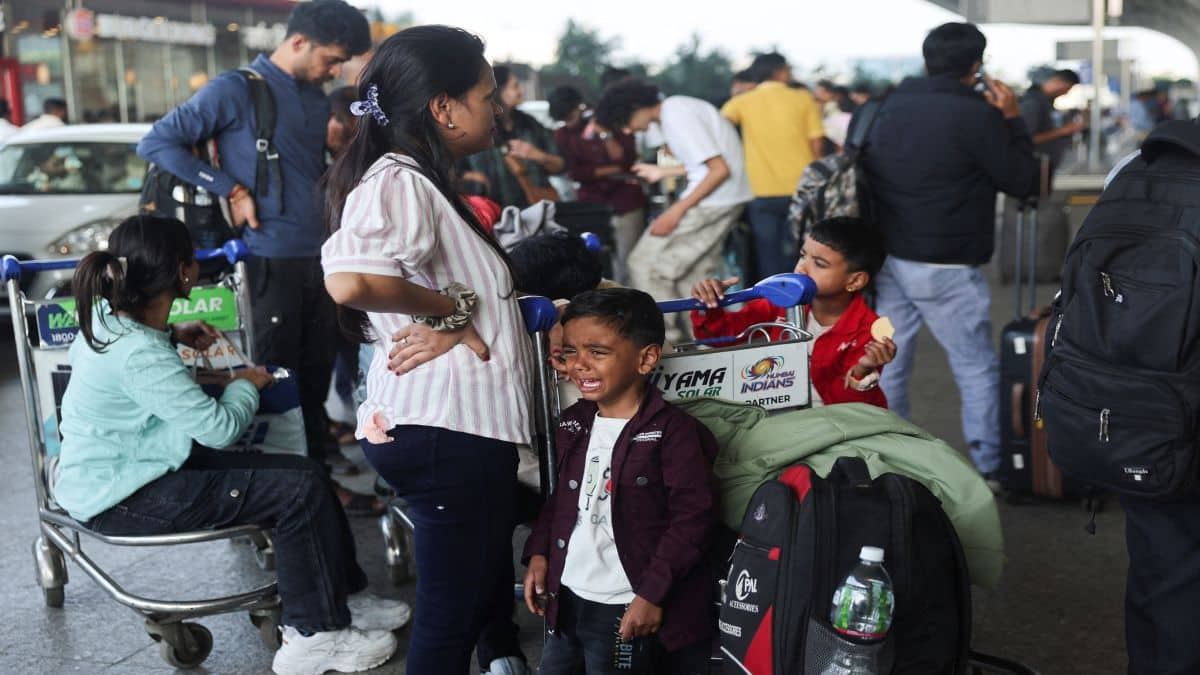
)
)
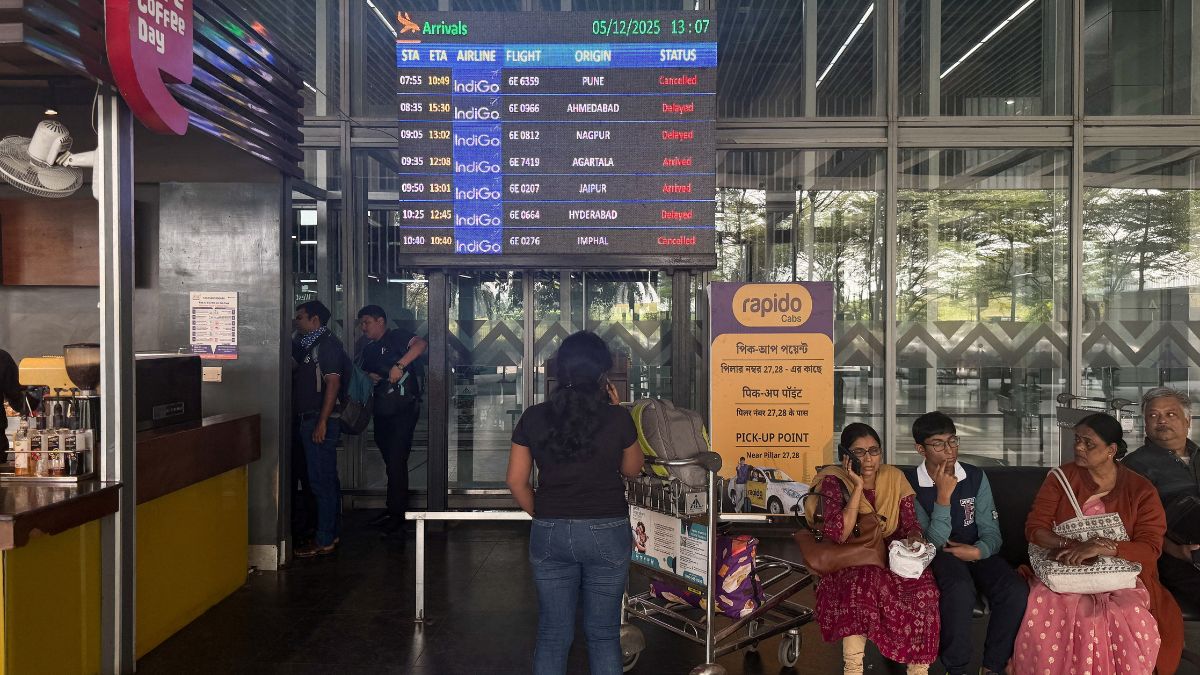)
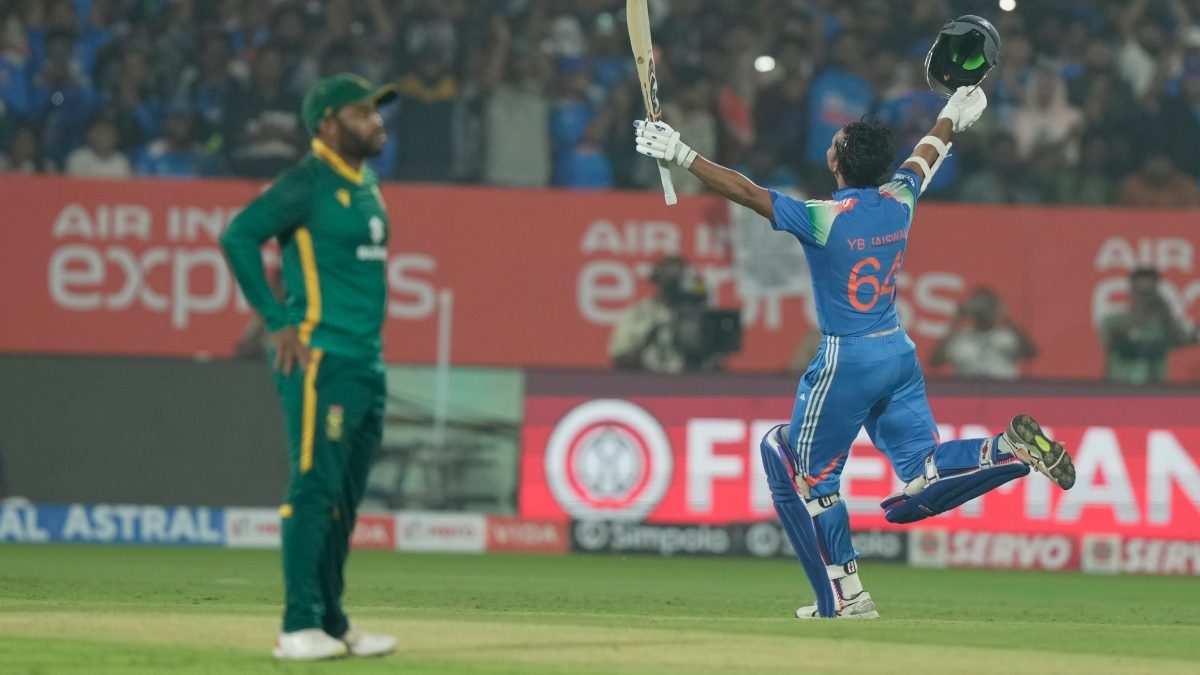)
)
)
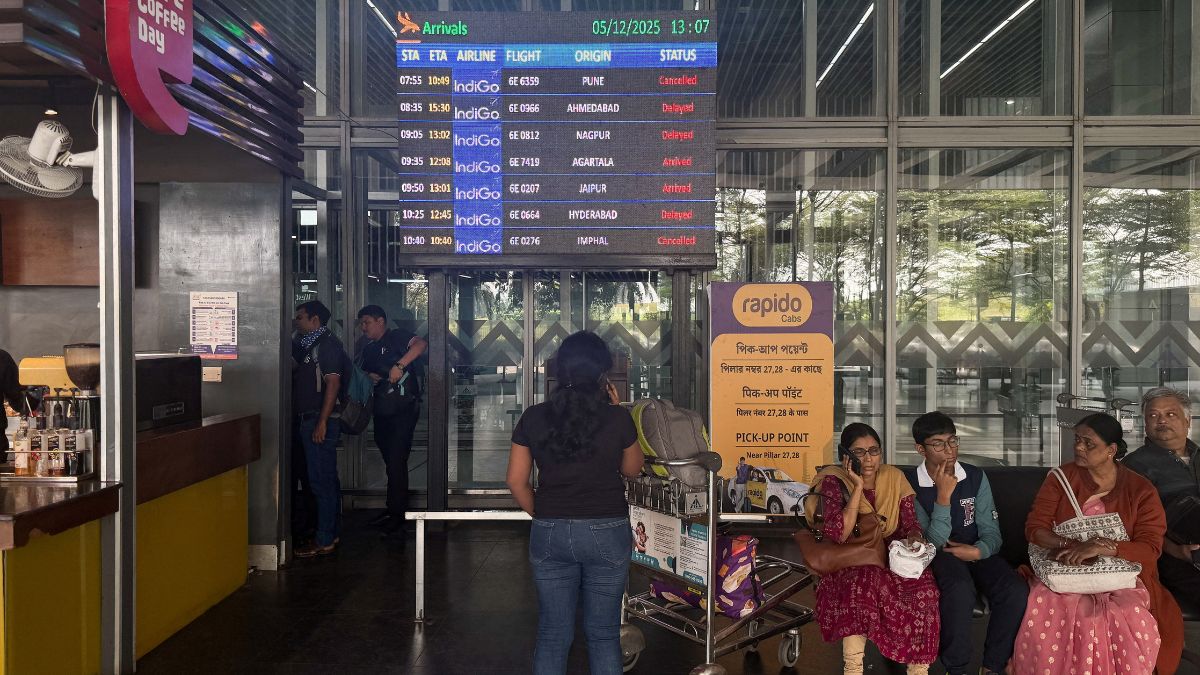)
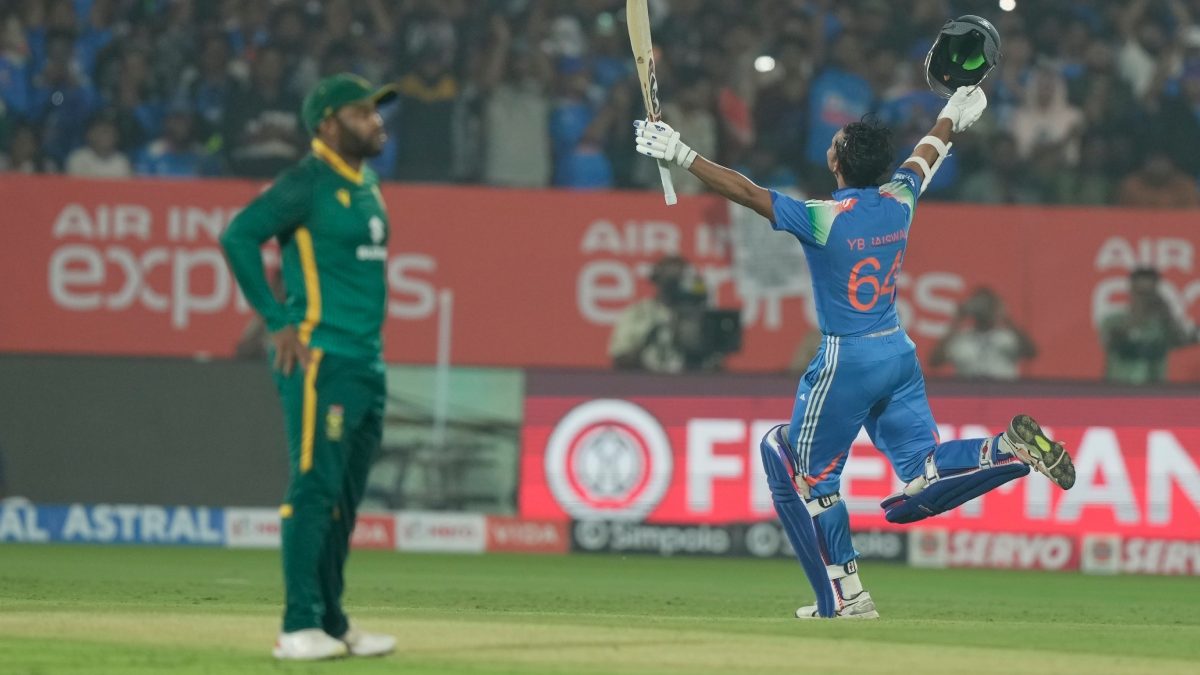)



